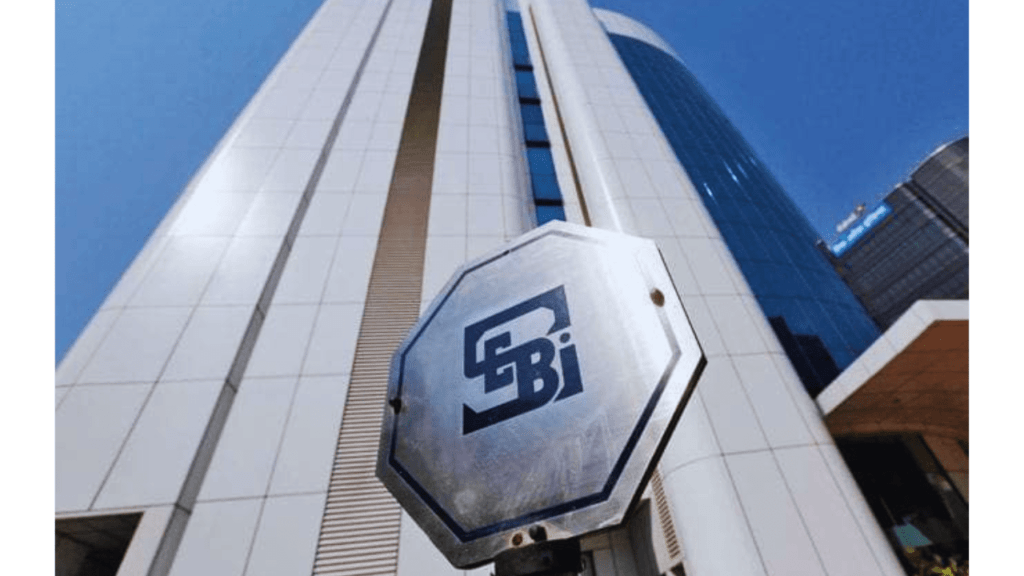During the massive outage, India’s leading stock exchanges, BSE and NSE, continued their operations without hindrance.

India’s primary stock exchanges, the Bombay Stock Exchange (BSE) and the National Stock Exchange (NSE), demonstrated remarkable resilience during a recent global Microsoft Windows outage caused by a CrowdStrike cybersecurity update. While many global peers faced significant disruptions, BSE and NSE reported no operational issues, highlighting the robustness of their IT infrastructure.
The Global Impact of the Microsoft Outage
The outage, triggered by a faulty update from cybersecurity firm CrowdStrike, affected Microsoft Windows systems worldwide. This incident led to severe disruptions across various sectors, including airlines, banks, and media outlets. Trading platforms such as IIFL Securities, Angel One, and 5Paisa also reported glitches due to the Microsoft Azure outage, emphasizing the widespread impact of the incident.
In stark contrast, India’s leading stock exchanges, BSE and NSE, continued their operations without any hindrance. This resilience can be attributed to their strategic IT infrastructure and prudent cybersecurity measures. Unlike their global counterparts, which experienced significant operational disruptions, BSE and NSE’s systems remained fully functional.
IT Spending: A Comparative Analysis
When comparing IT expenditures, the robustness of BSE and NSE’s systems is even more impressive. The National Stock Exchange (NSE) spends approximately ₹570 crore annually on IT, a modest amount compared to the London Stock Exchange Group (LSEG) at ₹6,556 crore and NASDAQ at ₹1,949 crore. Despite this lower investment, NSE’s total revenue stands at ₹12,692 crore, showcasing efficient utilization of resources.
The Bombay Stock Exchange (BSE) also operates with a relatively conservative IT budget. However, both exchanges’ strategic focus on critical IT investments ensures their systems’ reliability and security. This approach has paid off, as evidenced by their stability during the Microsoft outage.
The Role of India’s Market Regulator
The Securities and Exchange Board of India (SEBI), the country’s market regulator, also plays a crucial role in maintaining the robustness of Indian stock exchanges. SEBI’s annual IT expenditure is ₹93 crore, significantly lower than counterparts like Australia’s ASIC at ₹205 crore and Singapore’s MAS at ₹420 crore. Despite these lower expenditures, SEBI ensures stringent regulatory standards and continuous improvement of IT infrastructure.
SEBI’s IT assets are valued at ₹309 crore at cost and ₹59 crore at book value, compared to ₹697 crore and ₹164 crore for ASIC, respectively. This conservative spending strategy does not compromise operational efficiency, as Indian exchanges have demonstrated robust resilience.

Why BSE and NSE Were Unaffected?
Several factors contributed to BSE and NSE’s unscathed status during the Microsoft outage:
- Diverse IT Infrastructure: Unlike many global exchanges relying heavily on a unified, interconnected system, BSE and NSE maintain a diverse IT infrastructure. This diversity acts as a buffer against widespread disruptions, ensuring continued operations even when part of the system is affected.
- Proactive Cybersecurity Measures: Both exchanges prioritize cybersecurity, implementing proactive measures to protect against potential threats. Regular updates, rigorous testing, and comprehensive disaster recovery plans ensure that their systems remain secure and functional.
- Strategic Investments: While their IT expenditures are lower than global peers, BSE and NSE strategically allocate funds to critical areas. This targeted investment approach ensures that essential systems receive the necessary resources to maintain stability and performance.
- Regulatory Oversight: SEBI’s stringent regulatory oversight ensures that Indian exchanges adhere to high standards of IT security and operational efficiency. Continuous monitoring and periodic assessments help identify potential vulnerabilities and address them promptly.
The Global Perspective
In comparison, global exchanges like the London Stock Exchange and NASDAQ faced significant disruptions due to their reliance on Microsoft’s systems. The London Stock Exchange Group (LSEG) spends approximately ₹6,556 crore on IT, yet this high expenditure did not shield it from the outage. Similarly, NASDAQ, with an IT budget of ₹1,949 crore, also experienced operational issues.
The Hong Kong Exchange (HKEX), with the highest IT expenditure at ₹6,807 crore, faced similar challenges. Despite their substantial investments, these exchanges’ reliance on interconnected systems made them vulnerable to the Microsoft outage.
SUGGESTED: Latest CrowdStrike Update Causes Widespread Blue Screen Errors: What Windows Users Need to Know
Lessons Learned and the Way Forward
The resilience shown by BSE and NSE during the Microsoft outage offers valuable lessons for global exchanges. Investing strategically in diverse IT infrastructure, prioritizing cybersecurity, and maintaining rigorous regulatory standards can significantly enhance operational stability.
Furthermore, the incident underscores the importance of not over-relying on a single vendor or system. A diverse, less interconnected approach, as demonstrated by BSE and NSE, can provide greater resilience against unforeseen disruptions.
In Short!
The recent Microsoft outage highlighted the vulnerabilities of interconnected global systems. In this context, the resilience of India’s BSE and NSE stands out. Despite spending less on IT than their global peers, these exchanges managed to avoid disruptions, thanks to their strategic investments, proactive cybersecurity measures, and robust regulatory oversight.
This incident serves as a reminder of the importance of a diverse and resilient IT infrastructure in ensuring the stability of critical financial systems.
Read Next:

The Psychology of Love: Why Valentines Day Matters More Epic Than You Think
Discover the psychology of love and why Valentines Day is more important than you think. Learn how love impacts the brain, strengthens relationships, and boosts

Premier League Highlights: Arsenal Humiliate Man City 5-1, Spurs and Palace Secure Crucial Wins
Arsenal demolished Manchester City 5-1 in a statement premier league highlights win, reigniting their title hopes. Meanwhile, Crystal Palace stunned Man United 2-0, and Tottenham

How Budget 2025 Impacts the Indian Middle-Class: Major Tax Benefits and Glaring Omissions
Budget 2025 offers major tax relief to the middle class, including zero tax on incomes up to ₹12 lakh. However, it misses out on incentives

Degrees vs Employability: Why “Highly Qualified Degree Holders” Struggle to Find Jobs While “Less Qualified Individuals” Get Hired Faster!
Many highly qualified individuals struggle to secure jobs, while less qualified candidates get hired quickly. This Degrees vs Employability paradox is caused by employer preferences,

The Power of Mindset: Why Looking Poor Doesn’t Make You Poor, but Thinking Poor Does!
Discover why looking poor doesn’t define your wealth but thinking poor does. Learn the power of mindset and how a growth-oriented mindset can lead to

Overthinking: How It’s Damaging Today’s Youth – Causes and Cure in 2025
Understanding how overthinking is silently damaging today’s youth, from its causes rooted in societal pressure and social media to its long-term effects on mental health.

Netaji Subhash Chandra Bose: An Epitome of Epic Leadership
Discovering the incredible life of Netaji Subhash Chandra Bose, a leader whose vision, courage, and determination redefined India’s freedom struggle. Explore his leadership qualities, ideology,

Global News Headlines Today: From Gaza Ceasefire to Blue Origin’s Massive 2025 Milestone
Explore today’s top global news headlines, from the Gaza ceasefire and Blue Origin’s historic spaceflight to Apple losing its top spot in China’s smartphone market.

The Hidden Danger of Social Media Nudity: A Threat to Today’s Youth in 2025
Understanding how social media nudity is impacting the youth and their future potential. Learn about the risks of unregulated content, cultural sensitivities, and solutions for
